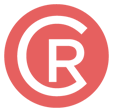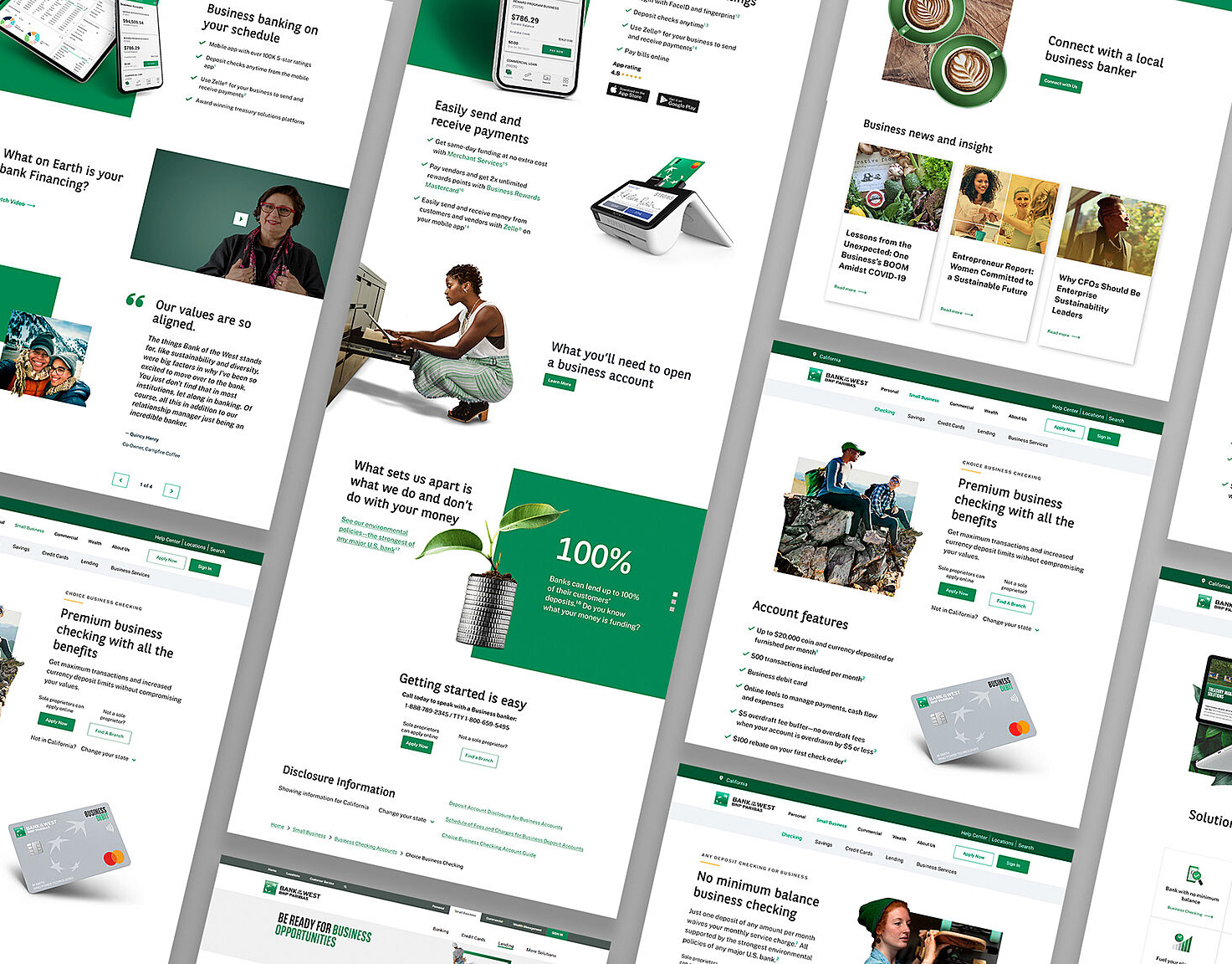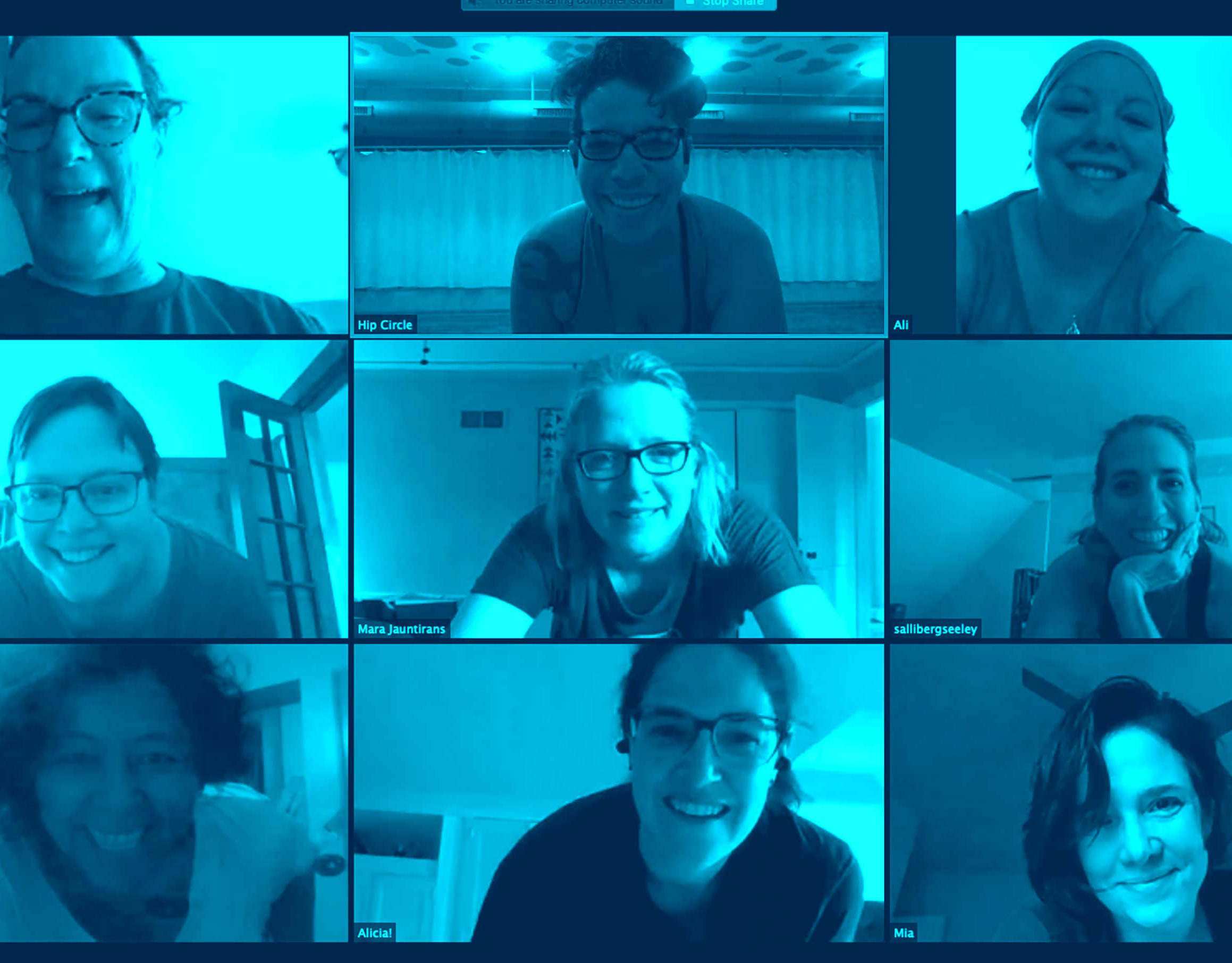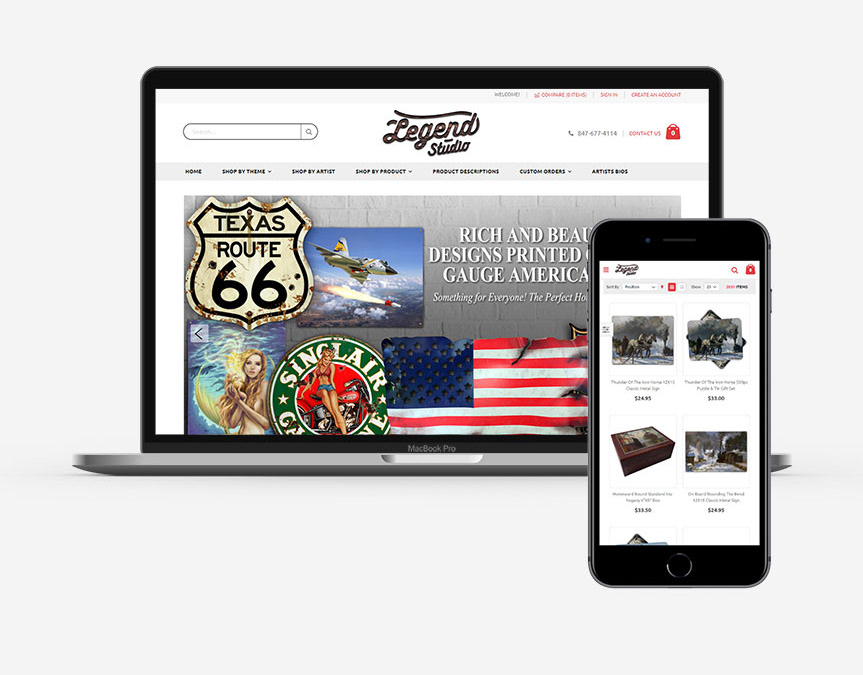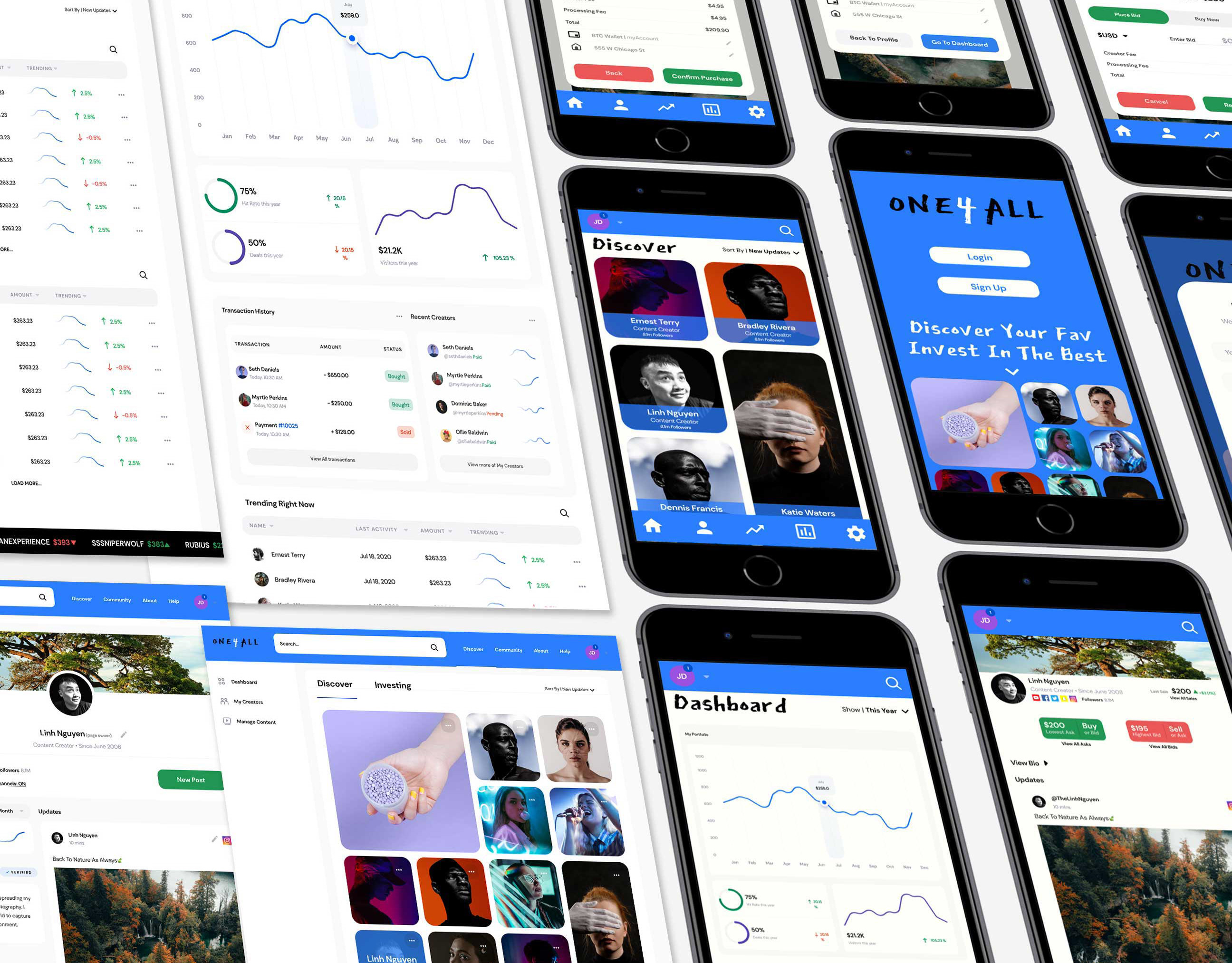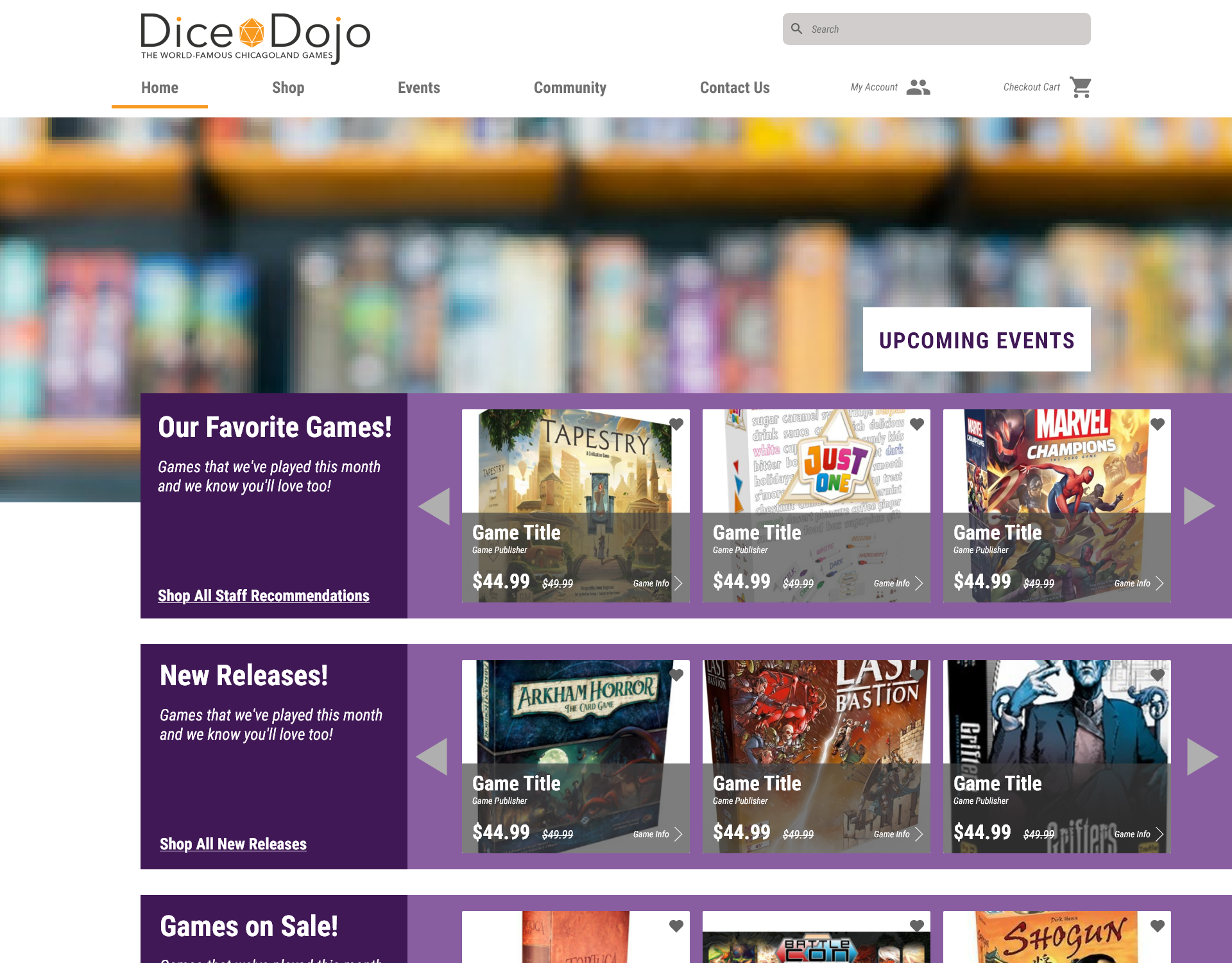UX Designer
Graphic/Web Designer
Community Manager
The Burner website in Year 3 of the event - Bringing registration to the Eventbrite platform in the third year allowed for fully integrating that function into our website, improving the experience of our participants and addressed responsive web concerns I'd had with the previous registration platform.
Graphic made using public domain photograph of military obstacle course.
Graphic made using public domain photographs from military obstacle courses
Illustrated sketch for Burner poster and promotional graphics.
Vector Illustration for Burner promotional graphics.
Illustrated diagram of a mud pit log obstacle. One of several Year 1 graphics made to introduce people to The Burner.
In its first year, The Burner earned $15000 from registered participants, with 50% of profits going to supporting Akron Children's Hospital.
The subject of cleanliness was, in retrospect a very bad survey question for a mud run to ask.
Post event survey responses were broadly impressed with event. This survey was used to interview several respondents on specific areas of improvement moving from year 1 to 2.
Looking forward to Year 2 The entire Burner team was looking at returning participants bringing friends and family to join in the experience.
This double-sided card was the first advertisement for The Burner I designed that used images of our own participants running the course. Imagery like this formed the backbone of all of my design work moving forward.
The 2015 website was informed by the web strategies of our major competitors and my own goal of showcasing our community of participants. This redesign also created a responsive experience on the website.
Beyond major advertising, I used powerful images from our event to create social media content for The Burner
Images from events weren't only good for our digital marketing. Burner team members also took them to many regional events to spread the word. (Inset) Burner Team members running a booth during Year 1.
A new website iteration focused on video content for an updated homepage experience
Year 3 event flyer created with updated design system and branding guidelines.
Looking Slick.
